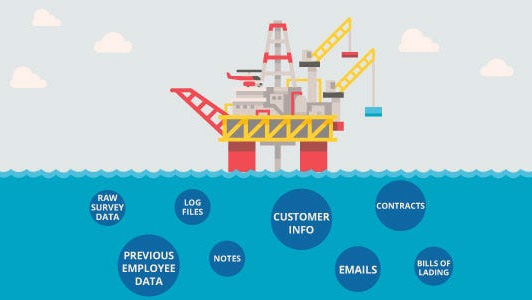Africa internet users are growing at unprecedent rate and in Nigeria for instance internet users have expressed concerns and frustration over the data price increase in recent time, with many feeling its negative impact on their budgets and mobile smart phone usage. Nigerian mobile data prices have seen close to 50 per cent increase across major networks like MTN, Airtel, and Glo yet with no known alternative. This shows the significance of data and internet usage, which is a creation of the digital age and current reality of data and content creation, which has witnessed unprecedented scale in Africa.
From mobile phone data and e-commerce activities to social media interactions and government services, vast amounts of information are being created daily which are accessible through internet usage. The economic and technological landscape of Africa has been undergoing significant evolution in recent years. The continent, inhabited by over 1.4 billion individuals, and a larger portion of them create, use and feed on data which is a digital transformation. The convergence of rising mobile phone usage, enhanced internet accessibility, and a youthful, technologically adept demographic has positioned Africa at the forefront of global discussions around technology, innovation and data generation. In recent years, the phrase “data is the new oil” has gained significant traction in discussions related to technology, business, and the digital economy. But it is public knowledge that when it comes to oil, its availability is limited to certain areas of the world.
However, on the other hand, tech giants like Google, Facebook, Netflix, Amazon, Microsoft, and Apple control most of the world’s data. According to a study by Sandvine in 2021, these companies are responsible for about 57 per cent of global data flow, and they have all commodified data. The huge amount of data controlled by these mega companies is bigger than most small businesses and corporations. But, anyway this would be another story piece for another time.
In the view of the author, “If we want to know if data is really the new oil we need to first look at how it builds value. Data by itself is not useful, just like in the case of oil. Without any processing or analysis, raw data is just a bunch of information that needs to be figured out. For instance, an online store might keep track of what customers do, like what links they click on, how long they stay on product pages, and what they buy in the past. But until this data is processed, analysed, and turned into ideas that can be used, it is mostly useless. Business managers in Africa should follow this path and should adhere to a mindset of ‘facts superiority over opinion.”
As businesses expand, an increasing number of individuals express ideas regarding the actions to be undertaken. However, it is beneficial to employ a data insight mentality. All company metrics can be tested, measured and improved upon. It is important to note that business owners/managers must have real-time access to the most important data in their business. Understanding which Key Performance Indicators (KPIs) affect revenue and profit is significantly more crucial than the revenue and profit figures themselves.
When data is cleaned up and analysed, it becomes really useful. Just like oil needs to be refined to make petrol, diesel, and other products, data needs to be processed to get helpful results. This is where Google and Facebook shine. They have put a lot of money into technologies like machine learning and big data analytics that can turn huge amounts of raw data into personalised ads, recommendation engines, and models that can predict the future. In this way, they make money for both their users and their owners.
In Africa, the idea of “data as the new oil” is particularly appealing because it could help the continent skip ahead in the normal stages of economic growth. Mobile phones let African countries get around the need for landline infrastructure. Similarly, data technologies could help African economies get past older, resource-heavy ways of growing, leading to new ideas and long-term growth in fresh ways. In agriculture, for instance, data analytics and satellite imaging can help farmers figure out how the weather will behave, get the most out of their crops, and make harvest supply lines work better. Data-driven solutions in healthcare, like electronic health records (EHRs) and predictive analytics, can help find diseases, control outbreaks, and make healthcare better. In the same way, data-driven education platforms can give students personalised learning experiences and give teachers and managers useful information about how students are doing and what they need. More so, businesses could be data-driven by setting up special internal research units on data, where insights can be generated to improve on decision-making.
Looking ahead, there are evident similarities between data and oil; much like crude oil, data is valuable. Data is not a naturally occurring resource like oil; it is a by-product of human activity. Oil is a limited resource, whereas data is plentiful and perpetually increasing. Raw data must be processed and analysed to derive significant insights and facilitate informed decision-making. This is where Artificial Intelligence (AI) is relevant. AI acts as the ultimate data refinery, enabling the conversion of extensive information into meaningful insights. In contrast to oil, which is extracted and processed by a limited number of firms, data is more extensively disseminated, including various stakeholders in its collection, analysis, and utilisation. Anticipating the future, data will probably witness ongoing advancements in many domains because it is a strategic asset for business and economic growth. With it, people, organisations and government can make better decisions. Good luck!





